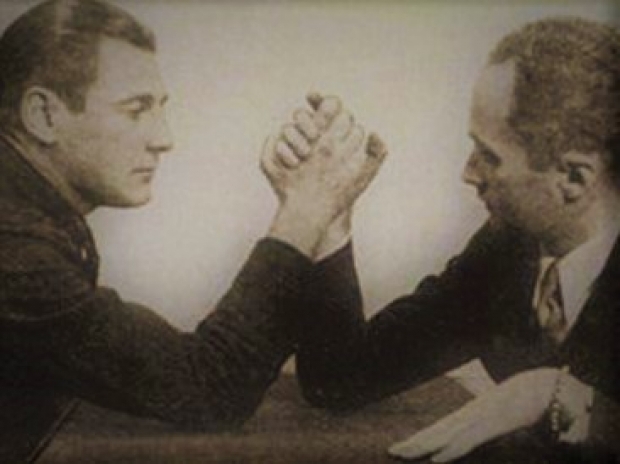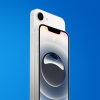The trial, held in the U.S. federal court in Delaware, centres on Qualcomm's ambitions to expand its presence in the laptop market. The company aims to aid partners like Microsoft in reclaiming market share lost to Apple, which pioneered custom chip designs for its devices. At the heart of the dispute is whether Qualcomm’s acquisition of Nuvia—a startup founded by former Apple engineer Gerard Williams—entitles Qualcomm to use computing core designs developed by Nuvia under its previous licensing agreement with Arm.
Arm’s computing architecture, a cornerstone of modern smartphone technology, is increasingly gaining traction in laptops and data centers, presenting a challenge to Intel’s long-standing dominance. While tech giants like Apple build custom cores based on Arm’s architecture, smaller firms often rely on Arm’s off-the-shelf core designs. The legal wrangling between Arm and Qualcomm revolves around the boundaries of ownership and modification rights tied to Arm’s architecture.
The controversy stems from Qualcomm’s 2021 acquisition of Nuvia for $1.4 billion. Arm contends that Nuvia’s core designs are derivatives of its technology, governed by licensing agreements that prohibit the transfer of rights without Arm’s consent. Qualcomm disputes this claim, asserting that Nuvia’s innovations are largely original and that Arm’s role in the final designs is negligible.
Gerard Williams, who founded Nuvia in 2019 after leaving Apple, faced intense scrutiny on the witness stand. Arm’s attorney, Daralyn Durie, emphasised the language of Nuvia’s licensing contract, which she argued explicitly covered derivatives and modifications of Arm’s technology.
Williams resisted this interpretation, stating, “I did not believe the contract meant that all of Nuvia’s work was a derivative or modification of Arm’s technology.”
However, he conceded that the contract language appeared to support Arm’s stance. Williams admitted, “I wouldn’t say that, but I’m not a legal expert.”
Qualcomm’s attorney countered by highlighting the limited role of Arm’s technology in Qualcomm’s chips. Williams estimated that Arm’s contribution to Nuvia’s final designs was “one percent or less.”
The trial’s outcome could significantly impact Qualcomm’s financial relationship with Arm.
According to analysts, Qualcomm pays Arm approximately $300 million annually in licensing fees. Evidence presented during the trial revealed that Arm executives believe the Nuvia acquisition costs the company an additional $50 million in annual revenue.
The broader implications of the case extend beyond financials, as the verdict could redefine the parameters of licensing agreements and derivative works in the chip industry. A ruling in favor of Arm could tighten control over how its architecture is utilized, potentially affecting partnerships and innovation.
Qualcomm’s CEO, Cristiano Amon, is expected to testify, providing insight into the company’s strategic vision and its justification for acquiring Nuvia.




